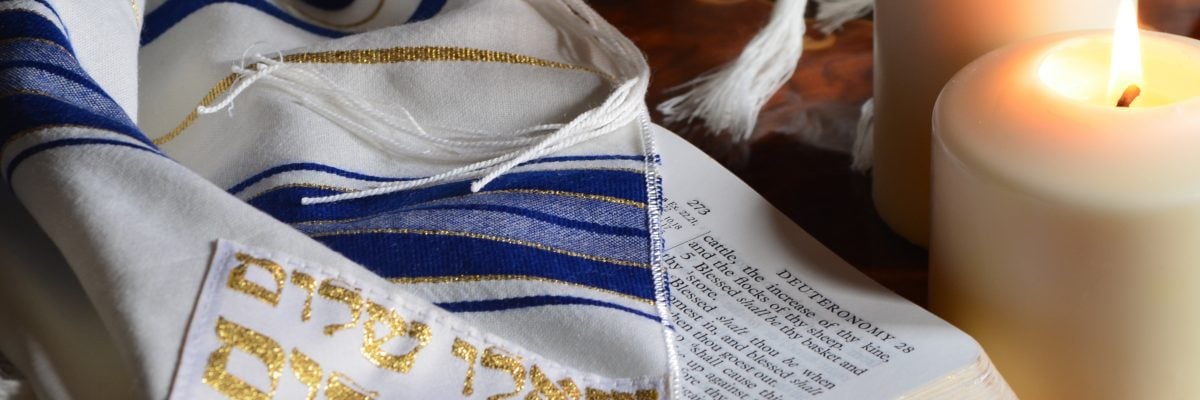
Question:
Answer:
Deuteronomy 13 rightly precludes the worship of false gods. The question is whether what Jesus proposed is a rebellion against God and his commandments (see Deuteronomy 13:5).
The short answer is no. Jesus reminds us that he came not to abolish the law but to fulfill it (Matt. 5:16-17). That’s why, for example, we see that the New Covenant Passover (the eucharistic sacrifice of the Mass), inaugurated at the Last Supper, fulfills and thereby replaces the Old Covenant Passover (see 1 Corinthians 5:7, 11:23-27).
In addition, Moses said a prophet like him would one day come to lead God’s people (Deut. 18:15-18). In that light, Christ’s command to drink his blood was not a violation of the Old Covenant’s prohibition on consuming blood (see Leviticus 17:10-14), but a wondrous fulfillment that gives eternal life (John 6:54).
And Jeremiah prophesied that God would one day establish a New Covenant with his people (Jer. 31:31-33). So, provided one is fulfilling the Father’s plan—and we can be sure that Jesus, the eternal Son of God, did that—any changes he brings should be seen as the legitimate fulfillment of God’s law and not rebellion against God.



